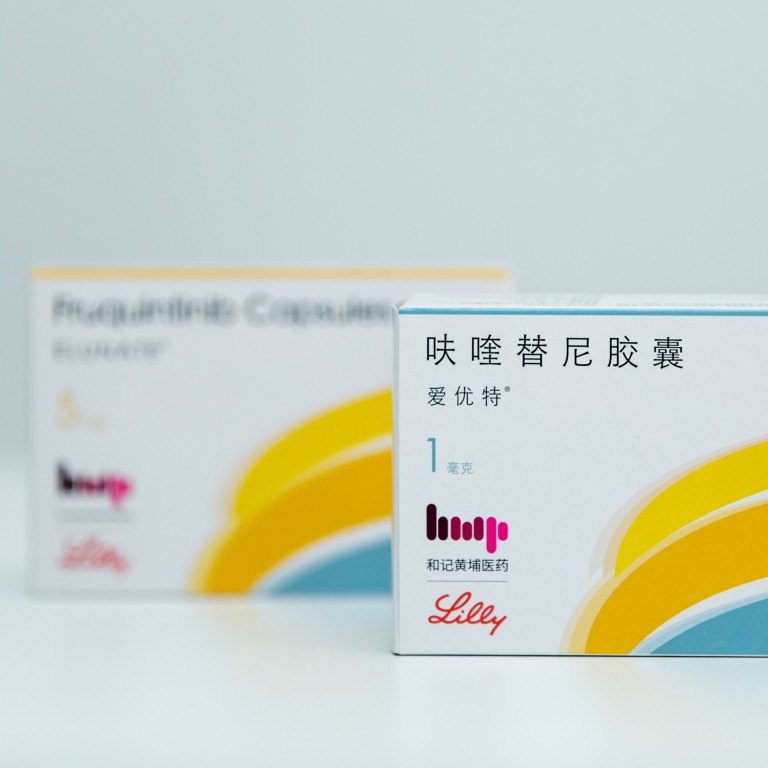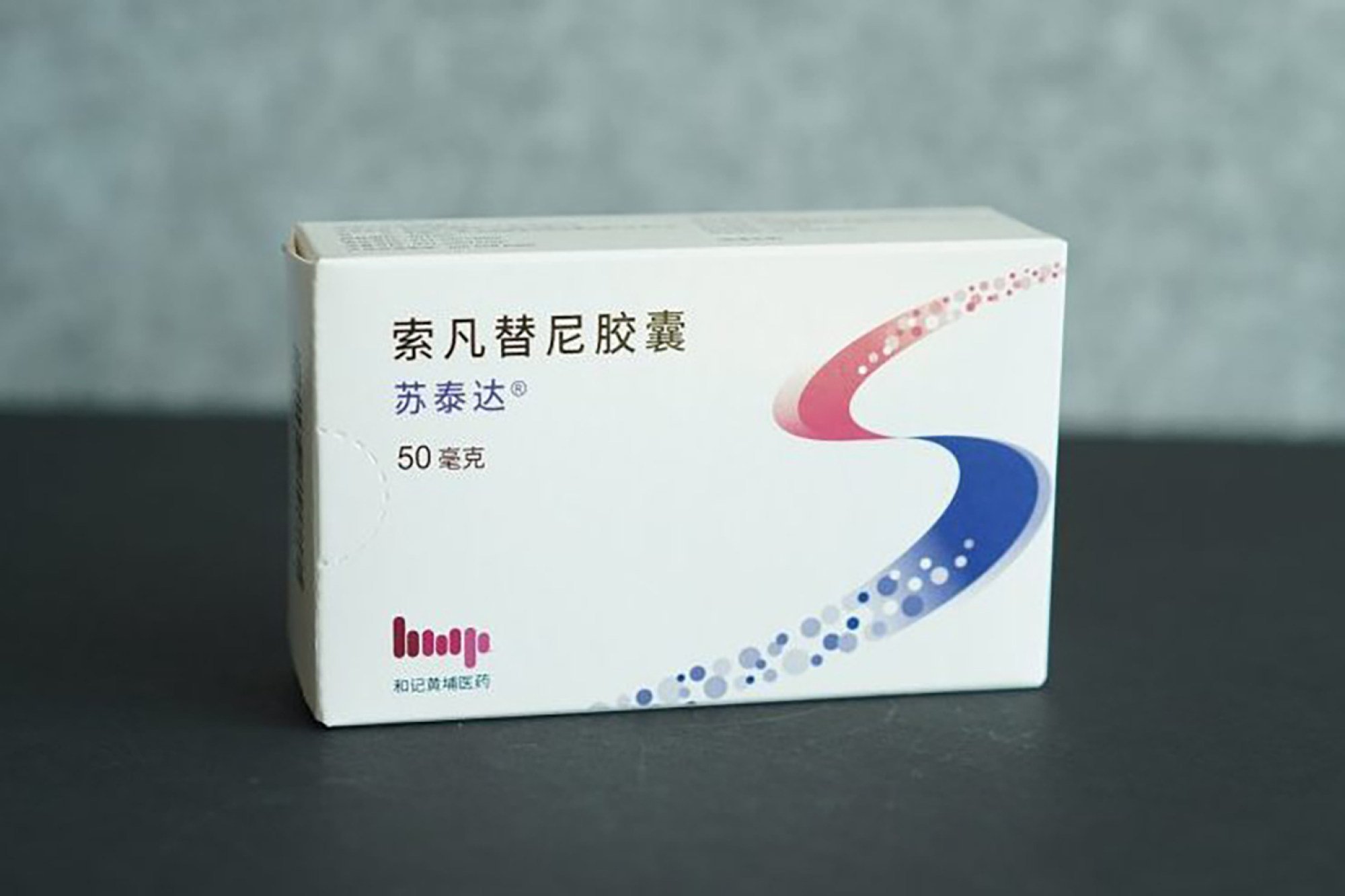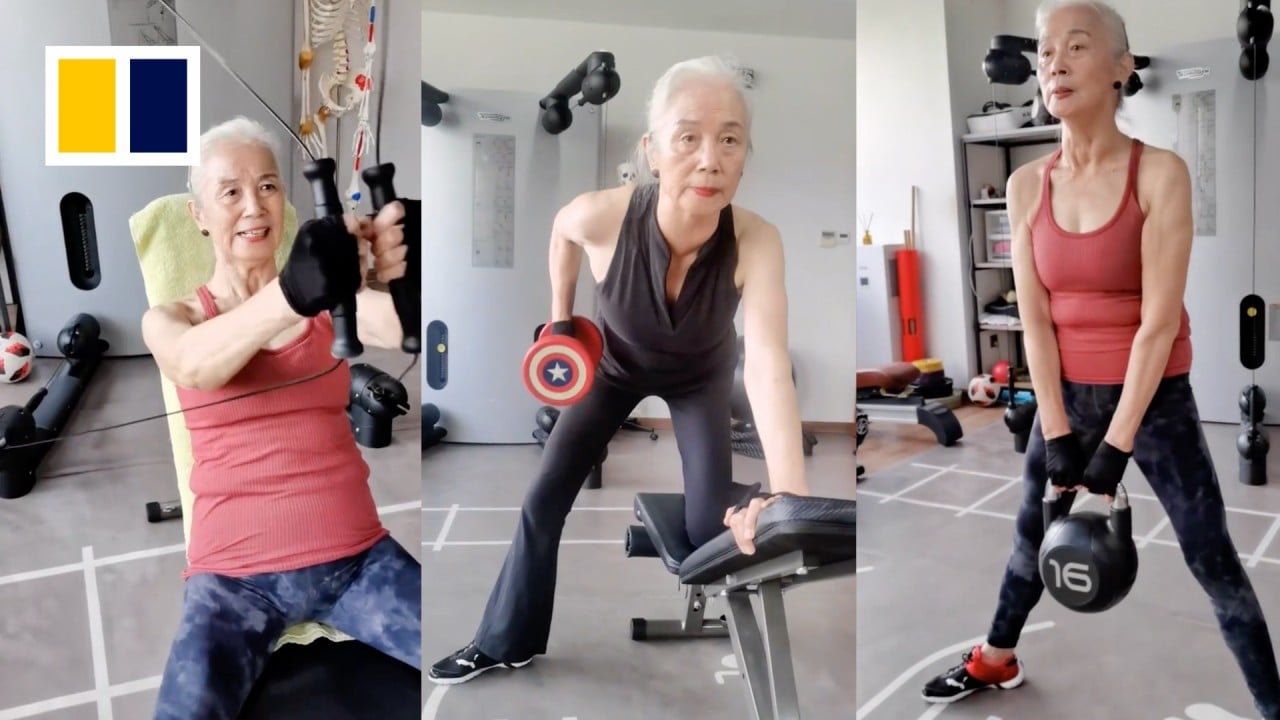
CK Hutchison-backed HutchMed eyes global expansion after FDA approval for novel cancer drug
- The FDA has granted HutchMed’s partner Takeda approval to market the self-developed cancer drug ‘fruquintinib’ in the US
- HutchMed signed a licensing agreement with the Japanese drug company in January in a deal valued at up to US$1.13 billion
HutchMed (China), in which Hong Kong conglomerate CK Hutchison Holdings holds a major stake, is poised to market its self-developed cancer drug “fruquintinib” in Japan and Europe, according to a top executive.
The move underscores the company’s global expansion plans, following approval this month by the US Food and Drug Administration (FDA) to its partner Takeda Pharmaceutical for the drug, an oral targeted therapy for adults with previously treated metastatic colorectal cancer.
The FDA approval for the self-developed drug is a major boost for the company as it showcases the company’s scientific research capabilities to the world, said Su Weiguo, CEO and chief scientific officer.
“This is our first novel oncology product approved and marketed in the US,” Su said in an interview with the Post. “It is clearly a milestone for us.”
Colorectal cancer is the third most prevalent cancer in the US, with limited treatment options.
The Hong Kong and Nasdaq-listed HutchMed started marketing the drug in China after receiving approval from the regulator in September 2018. It sells the drug in mainland China under the brand name Elunate in partnership with Eli Lilly.
Takeda has the exclusive worldwide licence to further develop, commercialise and manufacture fruquintinib outside mainland China, Hong Kong and Macau.
HutchMed signed a licensing agreement with the Japanese drug company in January in a deal valued at up to US$1.13 billion. HutchMed will also receive royalties on net sales.
The FDA approval followed data from a global trial involving nearly 700 heavily pretreated patients, including participants from Europe, Japan and Australia. The trial showed a 34 per cent reduction in the risk of death compared with a placebo, solidifying the drug’s efficacy.
The licensing approval is expected to boost market confidence in China’s research and development capabilities in innovative drugs, even after some setbacks last year when the FDA adopted a stricter approach to reviewing treatments tested in China, according to a report by investment manager CLSA.

Su acknowledged the FDA’s rigorous evaluation process and highlighted the importance of communication between drug companies and the agency to better understand the system and requirements.
HutchMed currently has 13 independently developed innovative anti-tumour drugs in the clinical research stage.
The company aims to establish partnerships to facilitate global market penetration and has set a goal to become profitable by 2025.
“2024 is going to be the last year that we will lose money. Hopefully, starting from 2025, we will be profitable,” he said.
As part of its expansion plans, the Hong Kong-based biopharmaceutical company is also focusing on scientific research development and business expansion in the city.
This includes exploring the application of artificial intelligence in R&D of new drugs, as well as potential collaborations with Hong Kong Science and Technology Park, chairman Simon To Chi-keung said.



